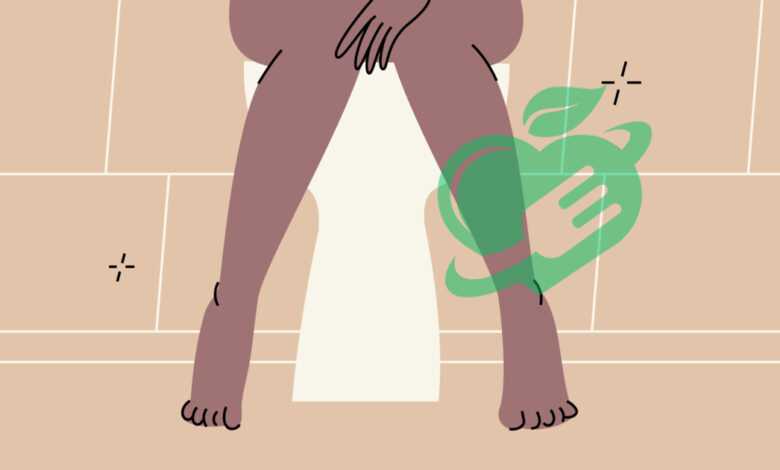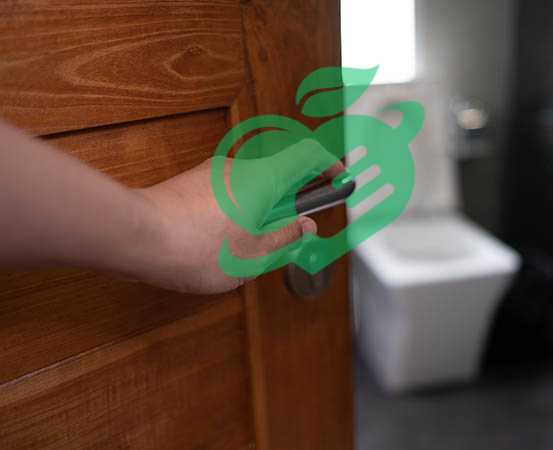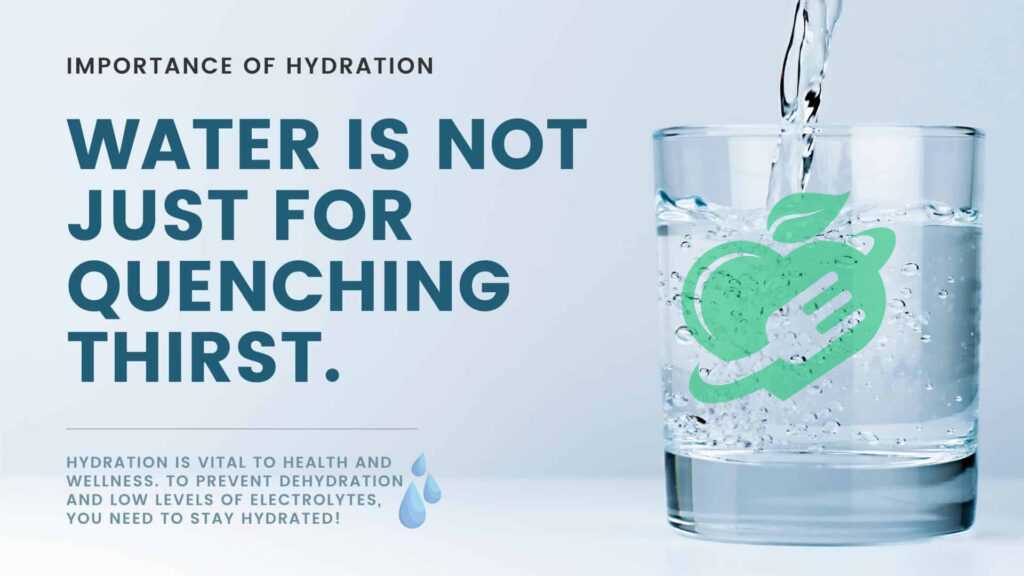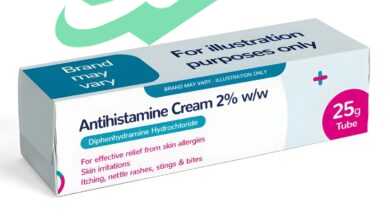Peeing After Sex: The Key to Better Intimacy Health

The Science Behind Peeing After Sex
Peeing After Sex explores the intriguing connection between intimacy and urinary health, it’s important to delve deeper into the scientific aspects behind urination post-intercourse. Understanding the urinary system and the potential effects of sexual activity on it can enlighten individuals about the significance of this often-overlooked practice.
Understanding the Urinary Tract System
To appreciate the importance of urination after intimate encounters, one must first understand the urinary system. The urinary system is composed of several key organs, each playing a crucial role in maintaining bodily functions:
- Kidneys: These bean-shaped organs filter blood, remove waste, and produce urine.
- Ureters: Tubes that transport urine from the kidneys to the bladder.
- Bladder: A muscular sac that stores urine until expelled.
- Urethra: The final tube through which urine exits the body.
When engaging in sexual activity, the body experiences various physiological changes, including increased blood flow and muscle contractions. These changes can impact the urinary tract, making it particularly susceptible post-intercourse. For instance, during sex, bacteria from the vaginal or anal area can be introduced into the urinary tract, potentially leading to infections. This is especially concerning for women, as their urethra is shorter, which makes it easier for bacteria to enter the bladder.
Read also: 6 types of food to beware of during the first three months of pregnancy.
Effects of Sex On Urinary Tract Health
Understanding the effects of sexual activity on urinary health reveals the importance of certain preventive measures, including urination after sex. Here are a few key points to consider:
- Increased Risk of Infections: As mentioned earlier, sexual activity can introduce bacteria into the urinary tract. Studies have shown that women who engage in sexual intercourse without urinating afterward are at a higher risk for urinary tract infections (UTIs).
- UTI Symptoms: Common symptoms of a UTI include:
- A burning sensation during urination
- Frequent urge to urinate, often with little urine output
- Cloudy or strong-smelling urine
- Pelvic pain
- Biological Changes: Intimate contact can trigger hormonal changes that affect the individual. For example, higher estrogen levels during certain phases of the menstrual cycle can create a more favorable environment for bacteria.
- Long-term Implications: Recurrent UTIs can lead to chronic complications, including kidney infections and potential kidney damage. Maintaining urinary health doesn’t only prevent immediate discomfort but also protects long-term organ function.
- Personal Accounts: Many individuals have shared how their experience with UTIs significantly influenced their approach toward intimacy. For example, one woman recounted how she initially neglected the importance of urinating after sex until she suffered consecutive infections. Since then, she has encouraged friends to prioritize urination post-intimacy, transforming her discomfort into valuable awareness.
In conclusion, understanding the urinary system’s workings and recognizing the effects of sexual intimacy on urinary health is vital. Urination after sex can act as a crucial line of defense against bacterial infections, thereby promoting overall well-being. As individuals navigate their intimate lives, being mindful of the impact on their urinary health can lead to more enjoyable and healthier experiences. By implementing simple and effective practices, individuals can empower themselves to take control of their urinary health and prevent potential complications. In the next section, we will discuss the various benefits of urination after intimate encounters, particularly about preventing urinary infections.
Read also: Empower Your Health: Recognizing and Addressing 8 Triggers of Vaginal Pain.

Benefits of Peeing After Sex
Building upon the understanding of how intimacy can affect the urinary system, it’s essential to explore the direct benefits of urination post-intimacy. Engaging in this simple yet effective practice can have a significant impact on urinary health and overall well-being.
Urinary Tract Infection Prevention
One of the primary benefits of urinating after intimate encounters is its role in preventing urinary tract infections (UTIs). For many, the thought of a UTI can be uncomfortable and distressing due to the associated symptoms and potential complications.
- Bacterial Flush: Urination helps flush out any bacteria that may have been introduced into the urinary tract during sexual activity. The mechanical act of urination pushes these bacteria out, reducing their chance to settle in the bladder or urinary canals.
- Water Intake: Staying well-hydrated can fortify the body’s natural defenses against UTIs. Adequate water consumption results in more frequent urination, which further decreases bacterial growth.
- Historical Anecdotes: Many women candidly share how embracing the habit of urinating after sex helped eliminate their recurrent UTIs. One woman shared that after years of struggling with painful infections, she began to prioritize urination, leading to a dramatic reduction in her UTI episodes.
- Healthcare Recommendations: Medical professionals universally emphasize the importance of this practice. Numerous studies and health guidelines indicate that urinating after sex is a simple, effective preventive measure against UTIs, especially for women.
Statistics show that:
- Women who urinate after intercourse can reduce their risk of UTIs by up to 80%.
- Most UTIs stem from bacteria from the intestines or external skin, making post-sex hygiene practices crucial.
Read also: Vaginitis Unveiled: Symptoms, Treatments, and Prevention.
Reduce the Risk of Bladder Infection
Beyond preventing UTIs, urinating after sexual activity helps lower the risk of bladder infections. Bladder infections can occur when bacteria travel up the urethra into the bladder, often resulting in painful and discomforting symptoms.
- Symptoms of Bladder Infections: Recognizing the symptoms can help individuals seek immediate care:
- Burning sensation during urination
- Frequent and urgent need to urinate, sometimes with little output
- Cloudy, foul-smelling urine
- Pain or pressure in the lower abdomen
- Role of Post-Sexual Urination: By urinating after intimacy, one reduces the likelihood of bacteria colonizing the bladder. This is particularly beneficial for those who may be prone to bladder infections due to personal or anatomical factors.
- Personal Experiences: Individuals often share positive outcomes when they maintain this practice. One man noted that his partner, who frequently suffered from bladder infections, experienced fewer incidents after they committed to urinating post-sex. Her newfound comfort not only improved their intimacy but also her overall confidence.
- Overall Health Consideration: Chronic bladder infections can lead to severe complications, including kidney infections and permanent damage to the urinary system. Hence, preventing these occurrences through simple practices can have lasting health benefits.
In summary, urinating after sexual activity is not merely a recommendation; it’s an essential preventive action that safeguards urinary health. This practice can significantly decrease the risks of UTIs and bladder infections, allowing individuals to enjoy their intimate experiences without the looming threat of discomfort. In the next section, we will discuss the importance of hygiene after intercourse, including practical tips for maintaining cleanliness and health, which can further enhance overall well-being.
Read also: Why Solo Sex Is the Ultimate Self-Care.

The Importance of Hygiene After Intercourse
As we continue to explore aspects of urinary health and intimacy, let’s shine a light on another critical component: cleanliness after sexual activity. Maintaining hygiene post-intercourse is vital, not just for comfort but also for overall health.
Cleaning and Hygiene Practices
Post-sex cleanliness is an essential practice that plays a significant role in preventing infections and promoting comfort. Here are some effective hygiene practices to incorporate immediately following intimate moments:
- Immediate Cleansing:
- It’s advisable to wash the genital area gently with mild soap and warm water. This helps remove any bacteria or bodily fluids that could cause infections or irritations.
- Avoid heavily scented soaps or products that may lead to irritation or allergic reactions.
- Wipe Instead of Rubbing:
- Use a clean towel or soft cloth to pat the area dry instead of rubbing, which could irritate.
- Urination:
- As previously mentioned, urinating after sex helps flush out any bacteria from the urethra and significantly reduces the risk of urinary tract infections.
- It’s a simple act that becomes even more critical when combined with proper cleaning practices.
- Stay Hydrated:
- Drinking plenty of water before intimacy ensures that your body can flush out toxins and bacteria more effectively afterward.
- Wear Breathable Fabrics:
- Opt for cotton underwear and loose clothing afterward. This can prevent moisture buildup, which is a breeding ground for bacteria.
- Limit Products:
- Avoid using douches, perfumes, or vaginal wipes immediately after intercourse, as these can disrupt the natural bacteria in the vaginal area and lead to infections.
Personal experiences highlight the significance of these practices. One individual recalled how not prioritizing cleanliness after intimacy led to repeated discomfort and UTIs. Once he and his partner adopted a post-sex hygiene routine, not only did they feel cleaner, but they also noticed a significant decrease in infections.
Read also: 5 Key Benefits of Opting for a Birth Control Shot
The Importance of Peeing After Sex
While cleanliness is crucial, combining it with the act of urination post-intercourse amplifies protective measures against urinary problems. Let’s explore why this step is vital:
- Flushing Out Bacteria:
- As noted earlier, engaging in sexual activity can introduce bacteria into the urinary tract. Urinating immediately afterward helps to “flush” these bacteria out before they have the chance to thrive.
- Reducing UTI Risk:
- Statistics show that individuals who urinate after sex are 80% less likely to develop urinary tract infections. This significant reduction highlights the effectiveness of this simple habit.
- Symptoms Helmet:
- Many people fail to recognize the early signs of infection, which can include aching or slight burning during urination. These symptoms can worsen if not checked early. Regular urination post-intercourse works as a preventive measure.
- Shared Experiences:
- Anecdotal evidence in intimate relationships shows the importance of discussing and prioritizing this habit together. One couple shared that they began to view post-sex activities, including urination and cleaning, as part of their bonding time, enhancing their emotional connection and ensuring they both stay healthy.
- Long-term Benefits:
- Maintaining a habit of urinating after sex and following cleanliness routines not only fosters better health but also promotes an overall sense of well-being, allowing for worry-free intimacy moving forward.
In conclusion, prioritizing hygiene after intimacy is indispensable for maintaining urinary health and preventing infections. By establishing and adhering to effective cleaning practices and incorporating urination as a routine, individuals can enjoy a healthier, more comfortable intimate life. Next, we will explore essential tips for maintaining urinary health and well-being, including hydration and when to seek medical advice.
Read also: Unraveling the Mystery: Common Triggers of Painful Urination.

Tips For Maintaining Urinary Tract Health
Continuing our discussion on post-intimacy practices, it’s important to highlight broader strategies for maintaining urinary health. In addition to immediate hygiene after sexual activity, there are several proactive recommendations that can significantly contribute to the long-term health of the urinary system.
Moisturizing And its Role
Staying well-hydrated is one of the simplest yet most effective ways to promote urinary health. Let’s explore how hydration plays a crucial role:
- Flush Out Toxins:
- Drinking enough water helps the kidneys filter waste from the blood and excrete it through urine. It acts as a natural detox, flushing out harmful substances before they can accumulate in the body.
- Prevention of UTIs:
- Increased fluid intake can lead to more frequent urination, which assists in washing out bacteria and reducing the likelihood of urinary tract infections. One study showed that those who drink adequate amounts of water are less susceptible to UTIs.
- Understanding Recommendations:
- A general guideline is to drink at least 8-10 glasses of water a day, but this can vary based on activity level, climate, and individual needs. Here’s a quick breakdown:
- Active Individuals: This may require more fluid.
- Hot Climates: Increased hydration is essential.
- Dietary Considerations: Those with higher salt or sugar intake should drink more.
- A general guideline is to drink at least 8-10 glasses of water a day, but this can vary based on activity level, climate, and individual needs. Here’s a quick breakdown:
- Personal Anecdote:
- A friend of mine, an avid runner, always made hydration a priority, not only for performance but also for urinary health. After experiencing a UTI due to dehydration and neglecting post-exercise hydration, she began to carry a water bottle everywhere. This simple change meant fewer urinary problems and more energy during runs!
- Signs of Dehydration:
- Awareness of dehydration signs is crucial. These include:
- Dark yellow urine
- Dry mouth or skin
- Fatigue or dizziness
- Listening to your body can lead to better hydration practices.
- Awareness of dehydration signs is crucial. These include:
Seek Medical Advice When Necessary
Proactive medical advice is an essential facet of maintaining urinary health. Knowing when to seek professional guidance can prevent minor issues from escalating into serious problems.
- Regular Check-ups:
- Routine medical visits can help monitor urinary health. During these visits, discussing any urinary concerns, such as frequent infections or incontinence, ensures early detection and treatment.
- Recognizing Symptoms:
- It’s vital to keep an eye out for any unusual symptoms, such as:
- Persistent pain during urination
- Unexplained changes in urine color or odor
- Frequent urges to urinate, especially with little output
- These may signal the need for a prompt medical evaluation.
- It’s vital to keep an eye out for any unusual symptoms, such as:
- Seeking Specialist Care:
- If you’re experiencing recurrent issues like UTIs, consider consulting a urologist who specializes in urinary health. They can provide tailored advice and treatment plans.
- Personal Experience:
- A colleague of mine experienced persistent urinary issues, and although resistant to visiting a doctor initially, she finally sought help. Her urologist identified an underlying condition and prescribed appropriate medication, which significantly improved her quality of life.
- Building a Support Network:
- Encourage open communication with partners about urinary health. It’s crucial to support each other in seeking medical advice when necessary and to share concerns openly.
Frequently asked questions
why does it burn when I pee after sex?
This doesn’t always indicate a serious problem. Often, it’s caused by an irritant or insufficient lubrication. Trying lubricants, using different personal hygiene products, or altering sexual positions might provide relief. However, painful urination can also signal urinary tract infections (UTIs), sexually transmitted infections (STIs), or other medical issues that require attention. 1
does peeing after sex prevent pregnancy?
It doesn’t always indicate a serious issue. Often, it results from irritation or insufficient lubrication. Using lubricants, altering personal care products, and trying different sexual positions may provide relief. However, painful urination can also signal urinary tract infections (UTIs), sexually transmitted infections (STIs), and other health problems that require medical attention. Urinating after sexual intercourse does not prevent an unplanned pregnancy. This is a common misconception, and its origins are unclear. When a man ejaculates, the sperm enters the vagina and travels through the cervix into the uterus. 2
Read also: HIV Cure Breakthrough: What You Need to Know.
Follow us for more updates and breaking news, as we provide you with everything new.
- (( verywellhealth ((↩))
- loving ((↩))



